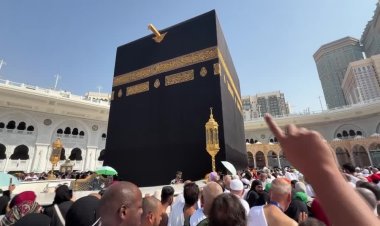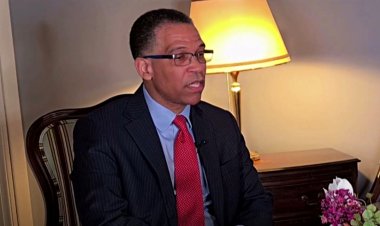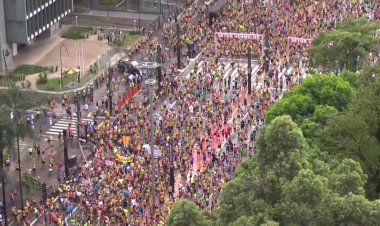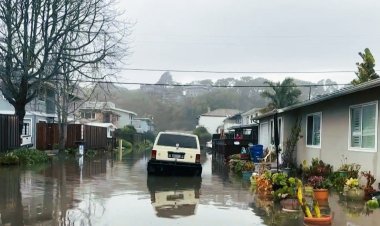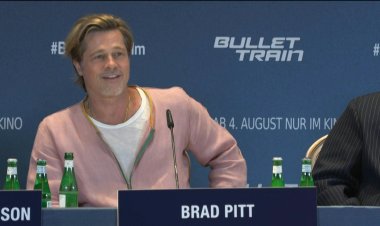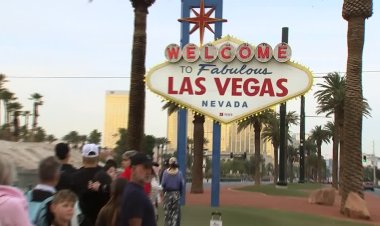Beijing Covid spike prompts mass testing, panic buying
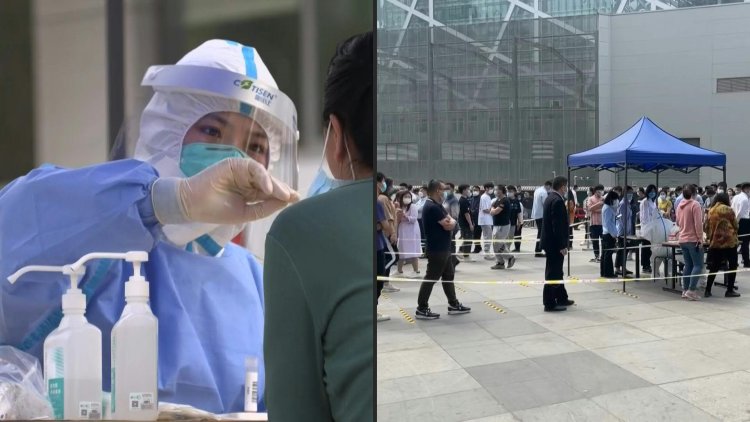
Fears of a hard Covid lockdown sparked panic buying in Beijing on Monday, as long queues for compulsory mass testing formed in a large central district of the Chinese capital.
China is already trying to contain a wave of infections in its biggest city Shanghai, which has been almost entirely locked down for weeks and reported 51 new Covid deaths on Monday.
Shanghai has struggled to provide fresh food to those confined at home, while patients have reported trouble accessing non-Covid medical care -- and the rising cases in the capital triggered fears of a similar lockdown.
Downtown Beijing's most populous district Chaoyang, home to around 3.5 million people, ordered mass testing from Monday for residents and those coming to work there. The area hosts embassies and the headquarters of many multinational firms.
Queues snaked around malls and outside office complexes as people waited to be swabbed for samples by health workers in protective gear.
The mass testing order, and warnings of a "grim" Covid situation in the city, sparked a run on Beijing's supermarkets overnight as residents rushed to stockpile essentials.
Many items on grocery delivery apps sold out briefly on Sunday night after the testing order was announced, but stocks were replenished on Monday.
Beijing resident Zhao picked up several bags of groceries including eggs and fresh vegetables from a grocery store on Monday.
Local media also reported soaring sales of storage appliances in Beijing. One online retailer told the state-owned Beijing Evening News that it sold 300 freezers on Sunday -- what is normally sold in a month.
The city government on Sunday tried to ease fears, with an official saying supply and distribution was "stable".
The capital has reported dozens of cases over the past week with 19 new infections on Monday -- including asymptomatic ones -- after a warning from authorities that the virus has been circulating undetected.
A Tencent Maps compilation of restricted zones indicated multiple buildings were sealed off, while several fitness studios in the capital have also temporarily closed.
Travellers into the city are required to have a negative Covid test within 48 hours. On Monday, state media said authorities have suspended local group tours in Beijing.
Beijing's numbers pale in comparison with Shanghai, which has recorded over half a million cases since March 1.
The economic hub of 25 million people is struggling to defeat China's worst outbreak in two years, despite weeks of strict measures.
Under its zero-Covid strategy, China has imposed lockdowns, mass testing and travel restrictions to stamp out infections.
Officials say this policy has helped avoid the public health crises seen elsewhere in the world during the pandemic, but the approach has taken a heavy toll on businesses and public morale.





